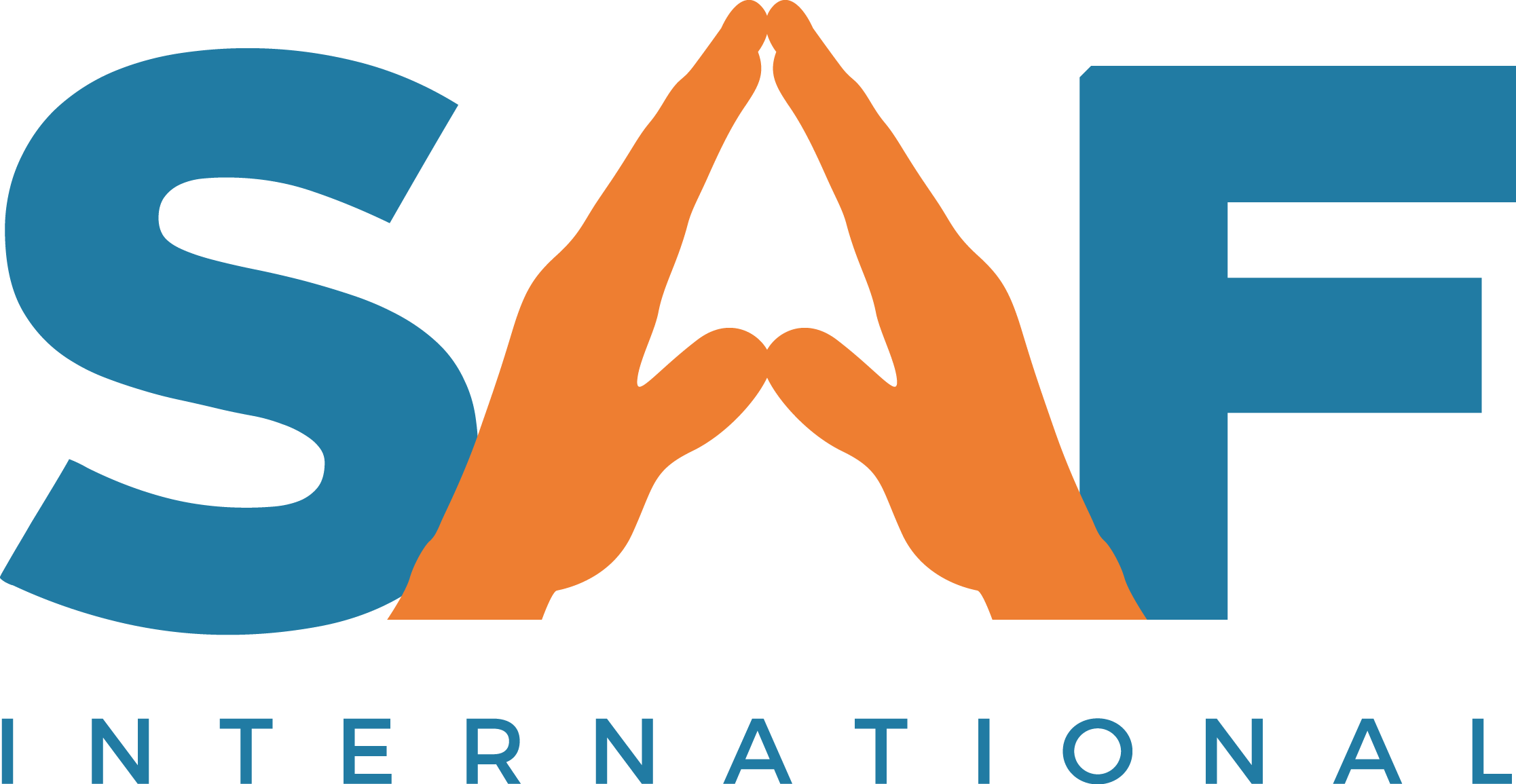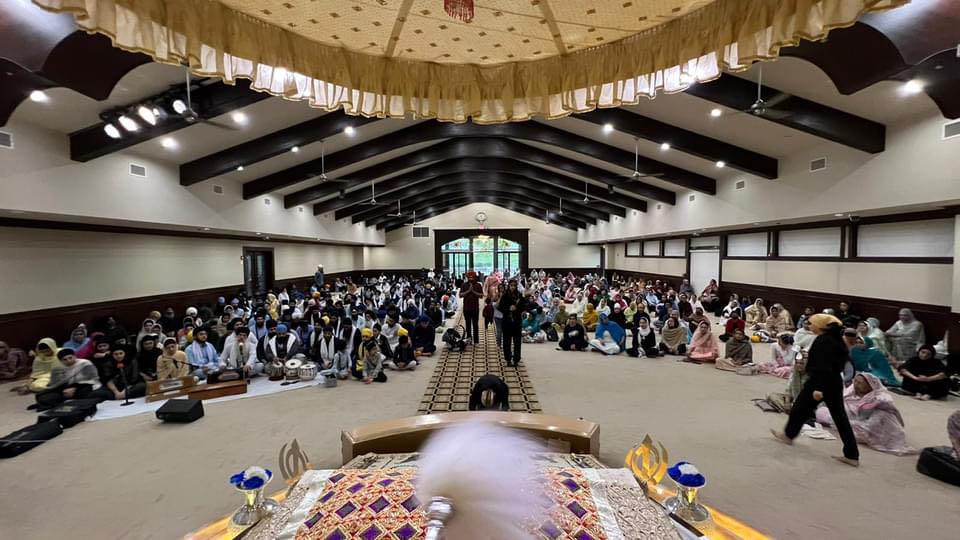Since 2017, SAF International has worked tirelessly to uplift and empower Forgotten Sikhs—communities that have long been disconnected from mainstream Sikh resources and heritage. Many of these individuals, such as Nepali Sikhs and Sikligar Sikhs in India, struggle to preserve their language and cultural identity due to historical marginalization and social neglect.
To address this gap, SAF International recently partnered with Lingododo to bring interactive Punjabi language pads to children in Nepal and Andhra Pradesh. By harnessing the power of engaging, tech-based learning, SAF aims to restore these communities’ rich linguistic heritage and strengthen their bonds with Sikh traditions.
Who Are the “Forgotten Sikhs”?
The term “Forgotten Sikhs” encompasses various Sikh communities that have been underrepresented or overlooked in mainstream discourse. Two key groups include:
-
Nepali Sikhs: These families have lived in Nepal for generations, but due to geographic isolation and limited access to Punjabi-language resources, many young people have lost their connection to their Sikh heritage.
-
Sikligar Sikhs in Andhra Pradesh: Historically known as iron-smiths who crafted weapons for Sikh armies, Sikligar Sikhs have faced socioeconomic barriers and a lack of quality educational opportunities. This isolation often results in an eroded cultural identity, particularly among children.
Since 2017, SAF International has been on the ground, focusing on health, education, and community development programs that serve these communities. Over the years, SAF has built relationships with local families, educators, and community leaders, ensuring that any intervention is community-driven and culturally sensitive.
The Power of Punjabi Language Training
Language is more than just a tool for communication; it’s a gateway to culture, faith, and belonging. For children in Nepal and the Sikligar Sikh communities:
- Restoring Cultural Identity: Learning Punjabi allows them to engage more deeply with Sikh scriptures and traditions.
- Strengthening Community Ties: Shared language fosters unity and solidarity among community members, promoting social support and collective progress.
- Holistic Education: According to a study by the U.S. Department of Education (2019), interactive learning methods can improve retention by up to 33% compared to traditional methods, making language pads an excellent choice for bridging the language gap.
Introducing Lingododo’s Interactive Language Pads
Lingododo, a USA-based company specializing in interactive language model pads, designs educational tools that make language acquisition fun and accessible. Key features include:
- Engaging Multimedia: Each pad integrates audio, visuals, and interactive touch features to keep learners motivated.
- Adaptive Exercises: Activities gradually increase in difficulty, tracking progress and meeting learners at their level.
- Educator-Friendly Tools: Comprehensive teaching guides and supplemental resources help local educators and volunteers expedite lesson planning and execution.
SAF International has purchased 120 Lingododo pads as an initial pilot program in Nepal and Andhra Pradesh. If successful, this initiative may extend to other regions where Forgotten Sikhs reside.
SAF International’s Journey Since 2017
-
Community Engagement:
- SAF has organized health camps, nutrition drives, and educational seminars to build trust and partnerships within these communities.
-
Educational Outreach:
- In 2018, SAF set up the first wave of pilot classes focusing on basic Punjabi vocabulary. This evolved into more structured language training programs as the need became clear.
-
Infrastructure & Resources:
- Through fundraising and donor support, SAF has consistently provided materials like books, uniforms, and school supplies to improve the learning environment for children in underserved areas.
-
Holistic Development:
- In addition to language training, SAF has facilitated vocational workshops and women’s empowerment sessions to foster sustainable growth within these communities.
Why Interactive Learning Is Crucial
- Higher Retention: Studies by the National Training Laboratories suggest that hands-on, interactive learning can boost knowledge retention up to 75%–90%.
- Increased Motivation: When lessons are presented in an engaging format, students display greater enthusiasm and willingness to learn—a vital factor in communities where formal education has not always been accessible.
- Long-Term Impact: UNESCO (2020) has highlighted how leveraging ICT tools in education significantly improves literacy rates and community development outcomes in marginalized regions.
The Road Ahead
With the initial 120 Lingododo pads on their way to Nepal and the Sikligar Sikh community in Andhra Pradesh, the stage is set for a groundbreaking educational shift. Throughout 2025 and beyond, SAF International will monitor the program’s impact, collecting feedback from local teachers and volunteers. If results are positive, the project may scale to reach thousands of Forgotten Sikhs across the region.
SAF’s vision extends beyond language acquisition. By empowering youth to reconnect with their Punjabi heritage, the organization is investing in stronger, more self-reliant communities. As these children grow into adulthood, they can carry forth Sikh traditions, bridging the gap between past and present for future generations.
How You Can Help
- Spread Awareness: Share this blog and stories about the Forgotten Sikhs to help raise awareness.
- Donate: Contribute to SAF International to support the expansion of Punjabi language training, vocational courses, and other critical resources.
- Volunteer: If you have educational expertise, consider volunteering with SAF to conduct workshops and training sessions.
To learn more about SAF International’s projects and how you can get involved, click here.
References
- U.S. Department of Education (2019), Evaluation of Evidence-Based Practices in Online Learning
- National Training Laboratories, Learning Pyramid
- UNESCO (2020), ICT Transforming Education in Marginalized Communities



